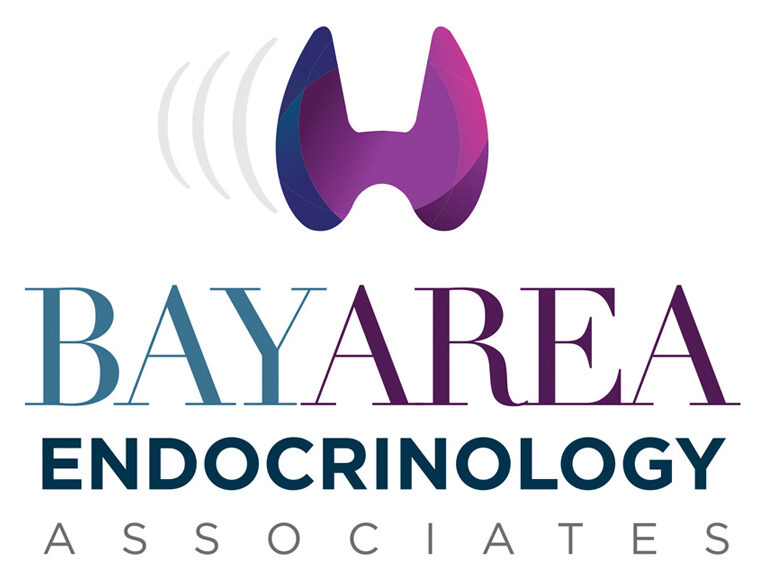Hypercalcemia is a disease that leads to abnormal amounts of calcium in the bloodstream. In most cases, the condition can cause kidney stones, brittle bones, weakness, fatigue, and other issues.
Hypercalcemia results from overactive parathyroid glands. Other causes of hypercalcemia may include taking too many vitamin D supplements and calcium, medications, and other medical disorders.
What Is Parathyroid Gland?
The parathyroid gland contains four tiny glands in the neck around the thyroid gland. These glands constantly control the amount of phosphorous, magnesium, and calcium circulating in your body. Parathyroid glands secrete parathyroid hormone (PTH). Parathyroid hormone is a polypeptide that maintains calcium in the bloodstream. Low calcium levels within the bloodstream stimulate the production of parathyroid hormone. High amounts of calcium in the blood prevent the production of parathyroid hormone.
The crucial balance can get disrupted if parathyroid glands fail to function. As a result, the amounts of calcium in the bloodstream get whack, leading to two conditions; Secondary Hyperparathyroidism: When parathyroid glands are under-active, releasing too little PTH. This lowers blood calcium levels. Primary Hyperparathyroidism: When parathyroid glands are overactive and release too much PTH. This causes blood calcium levels to rise.
Symptoms and Signs of Hyperparathyroidism
You may not experience symptoms if you have hyperparathyroidism at an early stage. However, if you have mild hyperparathyroidism, you can experience the following symptoms;
- Depression
- Feeling tired
- Joint pain
- Loss of appetite
- Muscle weakness
- Trouble concentrating
If you have severe hyperparathyroidism, you may experience these signs and symptoms;
- Constipation
- Bone pain
- Confusion
- Nausea
- Vomiting
Diagnosis of Hyperparathyroidism
In most cases, doctors diagnose parathyroid conditions by ordering;
Blood Tests. Your doctor will likely order a blood test to confirm the results if they suggest that your blood calcium levels are abnormally high. Many calcium levels can increase for many reasons. However, if your doctor notices excessive amounts of parathyroid hormone in your blood, they will diagnose hyperparathyroidism.
Additional Tests. After diagnosing hyperparathyroidism, your doctor will likely order more tests. This will help them identify possible causes of the parathyroid condition and its severity. These tests may include the following;
Urine Tests. Urine test helps your healthcare provider understand how well your kidneys function. It also provides information on how much calcium passes in your urine. The test helps to determine the severity of the parathyroid condition. If the result found low calcium levels in the urine, the disease doesn’t need treatment.
Bone Mineral Density Test. The test helps to identify if you have developed osteoporosis. Dual-energy x-ray absorptiometry is the most common test to measure bone mineral density.
Imaging Tests of Kidneys. Your doctor can order imaging tests of your abdomen to identify if you have kidney stones or other related issues.
Hyperparathyroidism Treatment
If you experience mild hyperparathyroidism, your doctor may choose not to treat it immediately. Instead, they will monitor your blood calcium levels, kidney function, blood pressure, and bone density.
Lifestyle and Home Remedies
If your healthcare provider believes that your hyperparathyroidism doesn’t require immediate attention, ensure to;
- Exercise regularly to keep your bones strong
- Drink a lot of water
- Avoid taking lithium or thiazide diuretics because these drugs can raise your level of calcium.
- Consult your physician if you need to take a Vitamin D supplement, especially if your vitamin D level is low.
- Avoid smoking, as this may increase bone loss. Talk to your healthcare provider about the best way to quit.
Your provider may recommend surgery if you have severe hyperparathyroidism signs and symptoms. Surgery by qualified professionals can treat hyperparathyroidism in about 95% of cases.
Medical Treatment
Medications to cure hyperparathyroidism may include;
Calcimimetics
As the name suggests, calcimimetics drugs mimic calcium circulating in the bloodstream. The drug triggers parathyroid glands to produce parathyroid hormone. Calcimimetics is a perfect alternative to treat hyperparathyroidism, primarily if surgery hasn’t successfully treat the disorder.
Hormone Replacement Therapy
This is especially true for women beyond menopause with symptoms of osteoporosis. Hormone replacement is an ideal solution that can help bones keep calcium.
Bisphosphonates
Bisphosphonates can also prevent calcium loss and reduce osteoporosis caused by hyperparathyroidism.
Tell-Tale Signs of Hypercalcemia
Signs of hypercalcemia vary from mild to severe. These may include;
- Kidneys: Too much calcium can make your kidney strive to filter it, leading to frequent urination and excess thirst.
- Brain: Hypercalcemia can alter your brain functions, resulting in fatigue, lethargy, and confusion. In some cases, it can lead to depression.
- Digestive system: Excessive calcium can cause nausea, constipation, vomiting, and stomach upset.
- Bones and muscles: Hypercalcemia can weaken muscles and cause bone pain.
- Heart: Although rarely, hypercalcemia can alter how your heart works, causing fainting, palpitations, and other heart issues.
When to See an Endocrinologist
Seek medical attention immediately after you start developing symptoms of hypercalcemia. These include urinating frequently, being incredibly thirsty, and experiencing abdominal pain.
Hypercalcemia Complications
Hypercalcemia complications may include;
Osteoporosis. Excessive release of calcium into your blood can cause osteoporosis. This can cause bone fractures.
Kidney Failure. Hypercalcemia can damage your kidneys, restricting their ability to function correctly.
Kidney Stones. Kidney crystals may occur if your urine contains excessive calcium. Over time, passing these stones becomes painful.
Treatment
No treatment is needed for mild hypercalcemia. However, your endocrinologist can recommend the following treatment if you have severe hypercalcemia.
Medication
Your healthcare provider might recommend the following medicines;
Calcitonin. This is a hormone from salmon and can help manage calcium levels within the bloodstream.
Denosumab. Also known as Xgeva, this medication is commonly used to cure individuals with cancer-related hypercalcemia. This is especially true for those who don’t respond well to bisphosphonates.
IV diuretics. This fluid can promptly reduce the calcium level in the blood, preventing nervous system damage and heart rhythm issues.
Prednisone. This is designed for short-term use, mainly when a high vitamin D level causes hypercalcemia.









